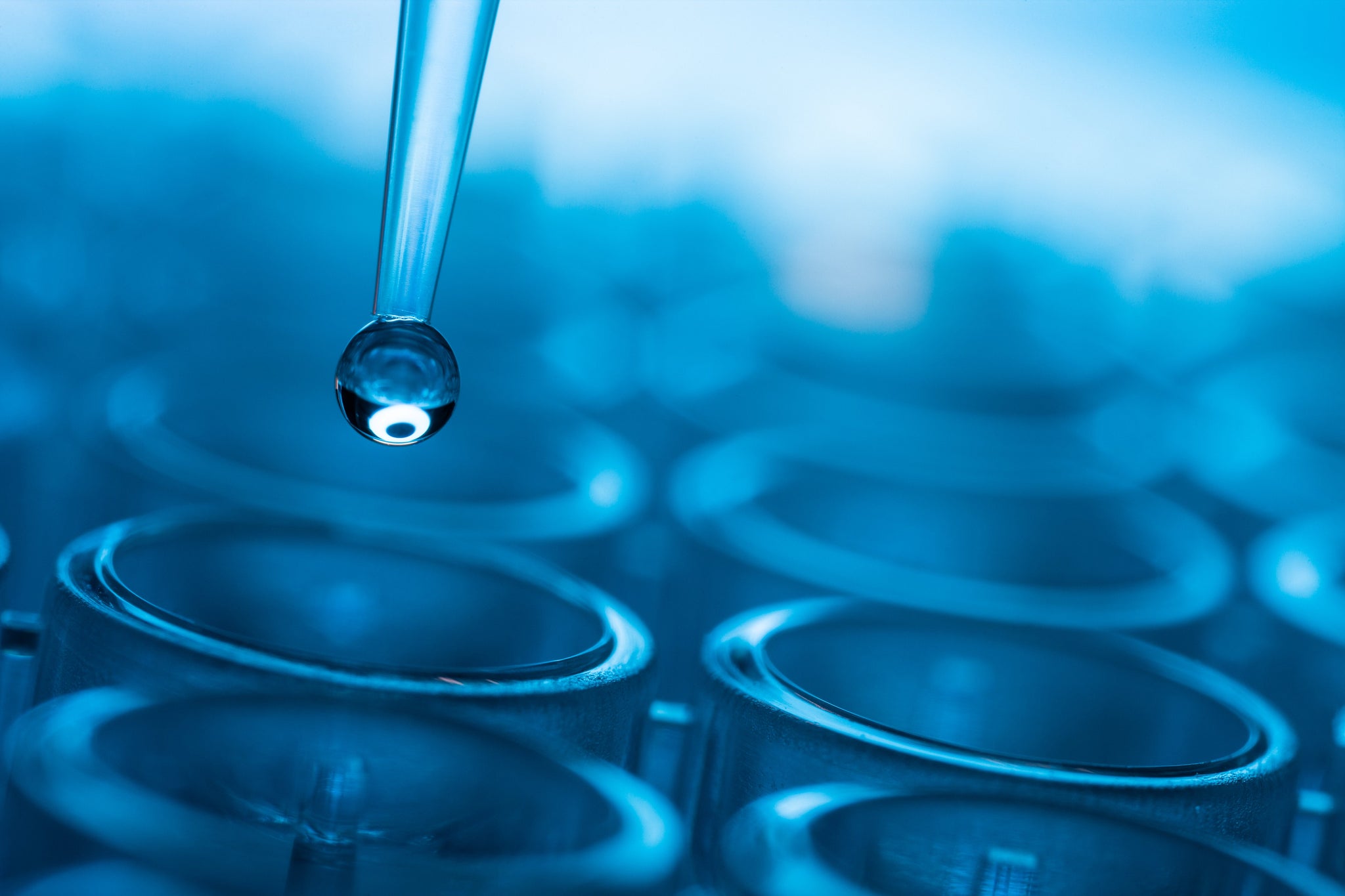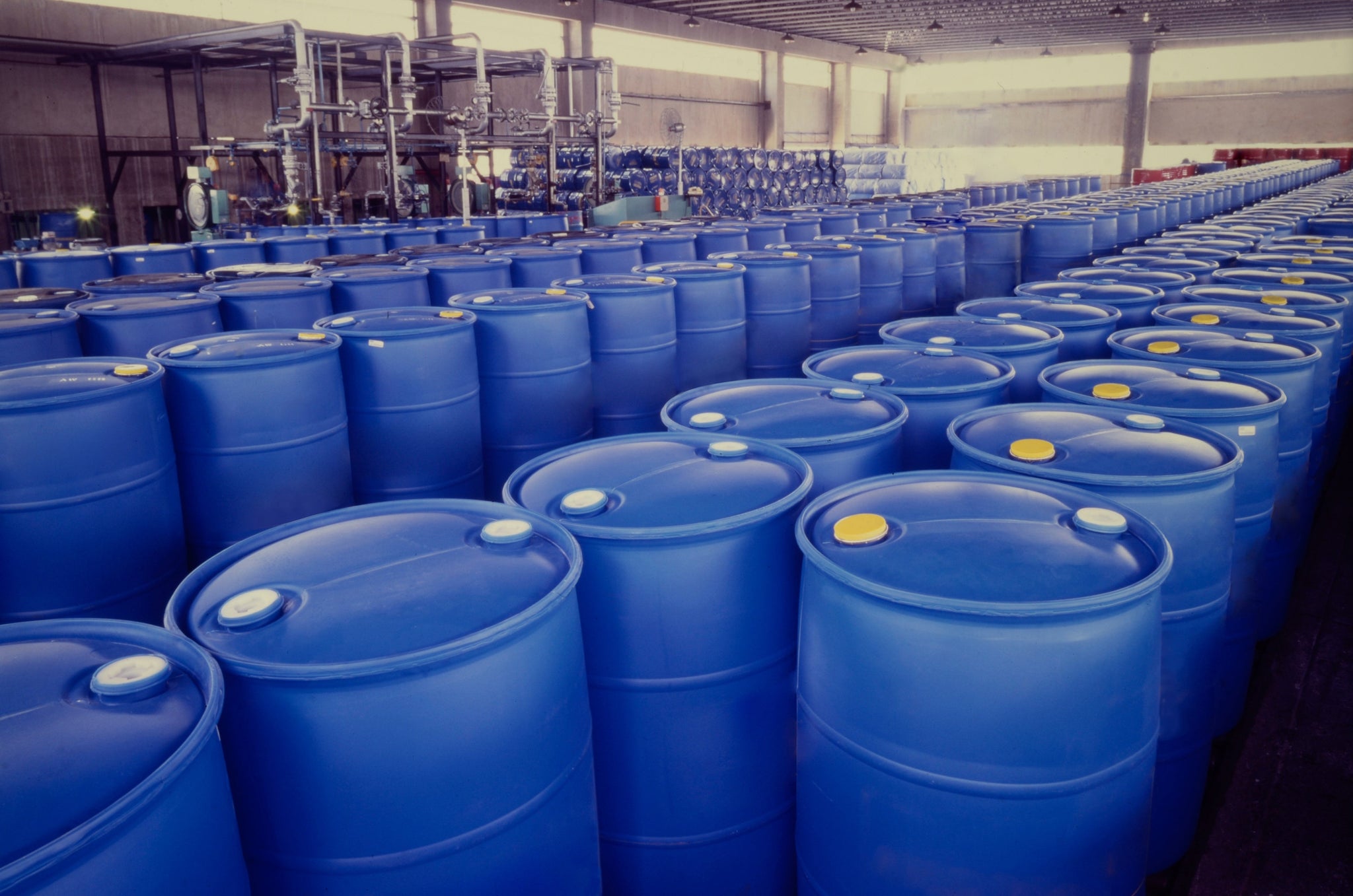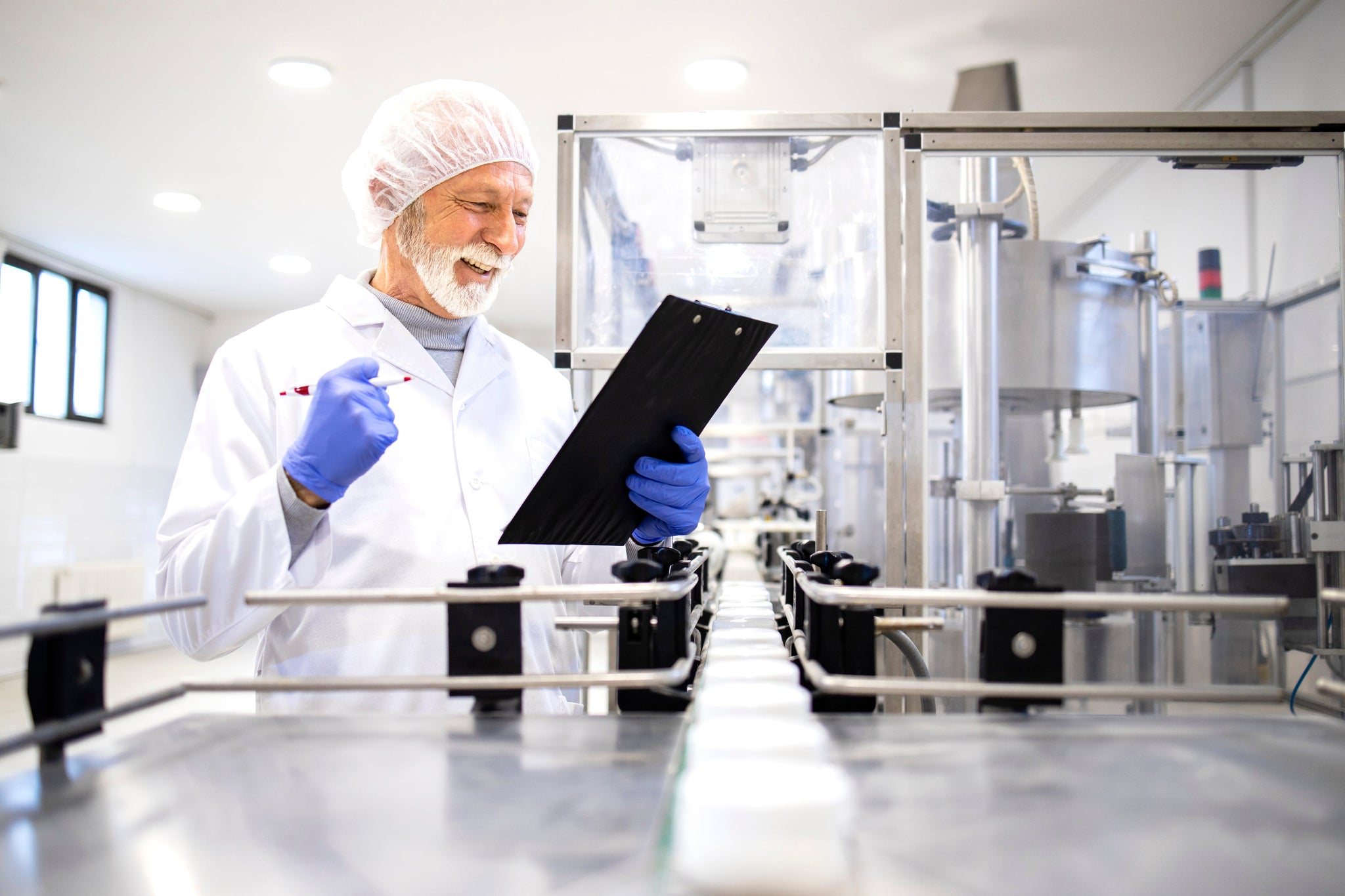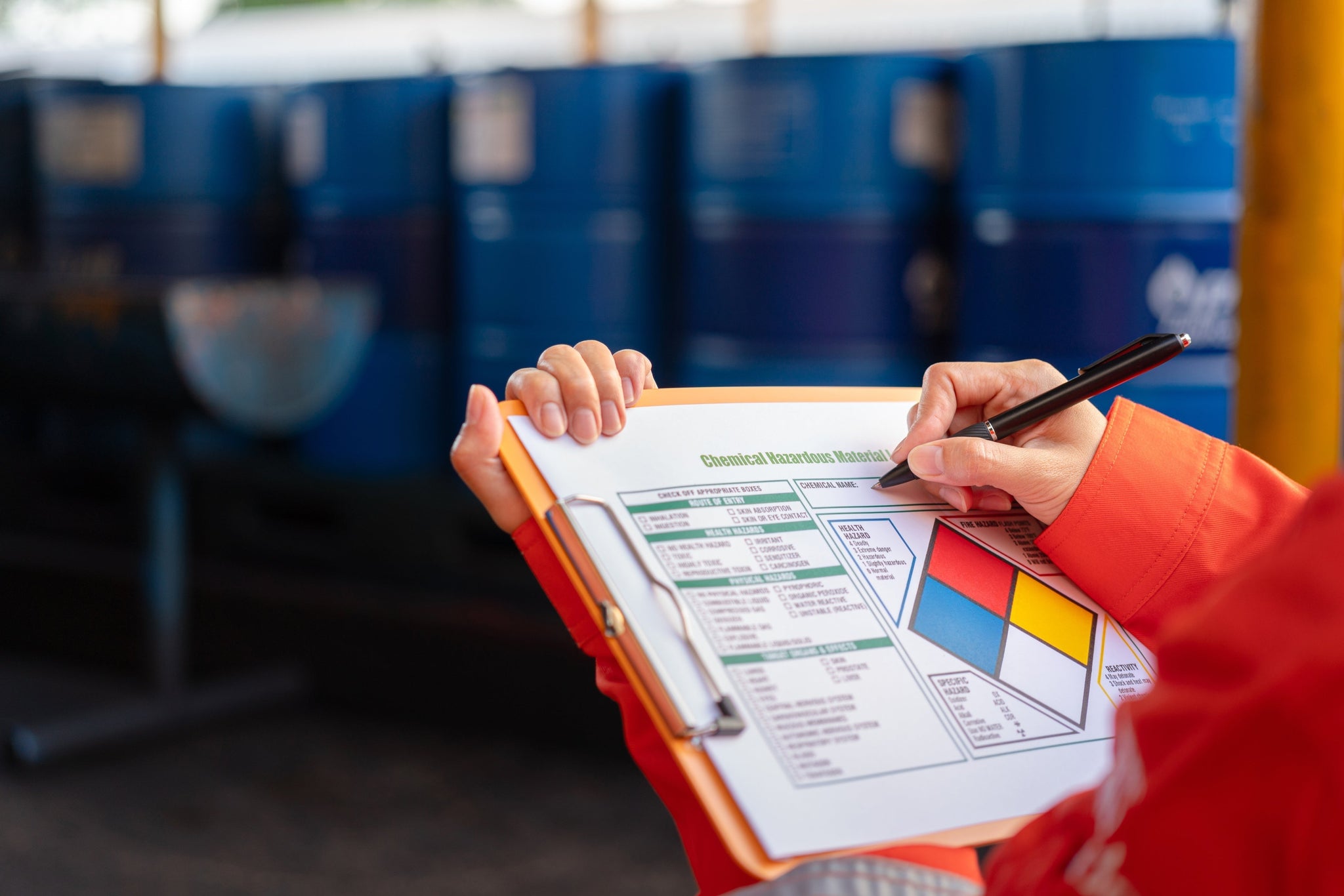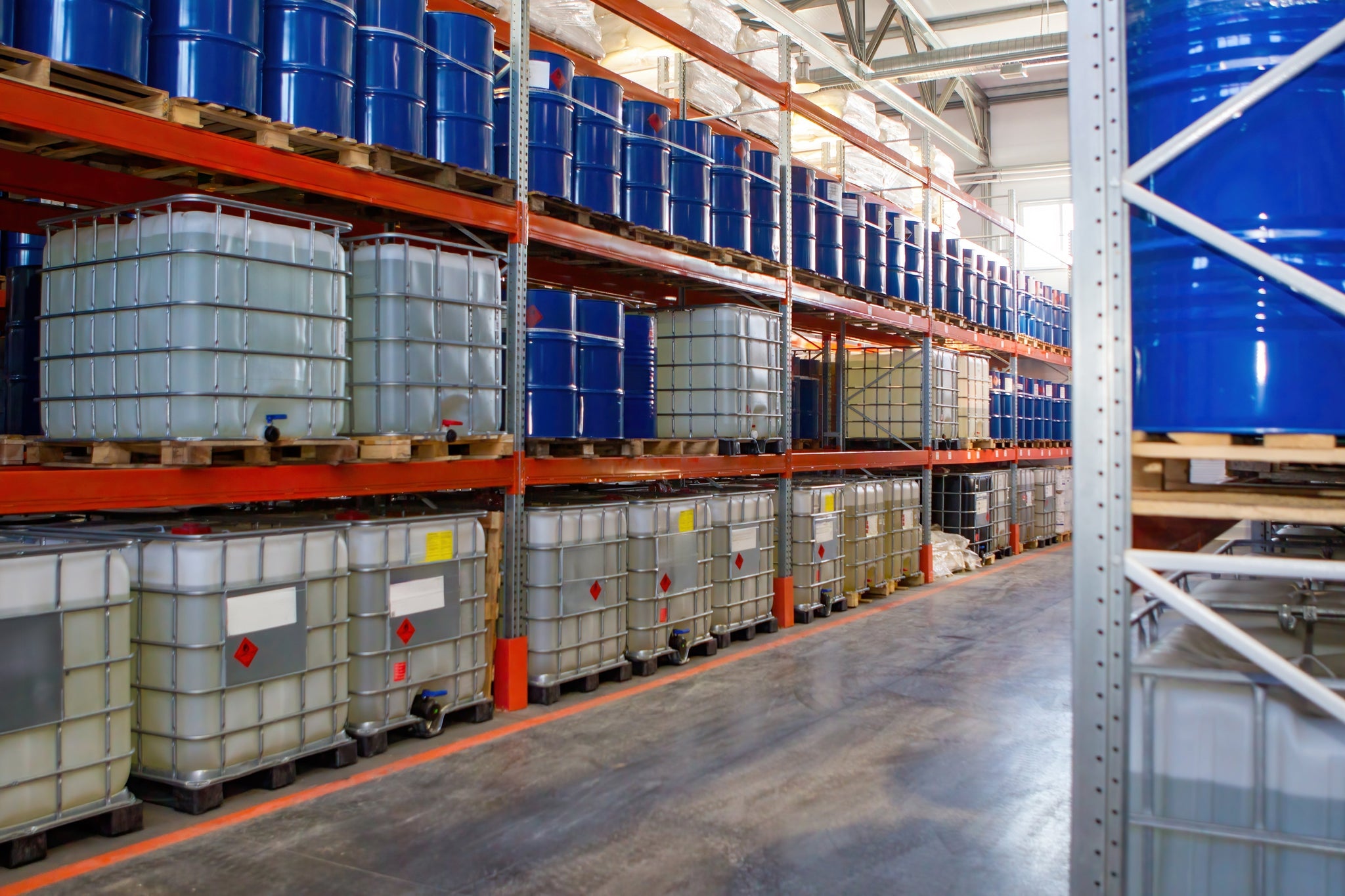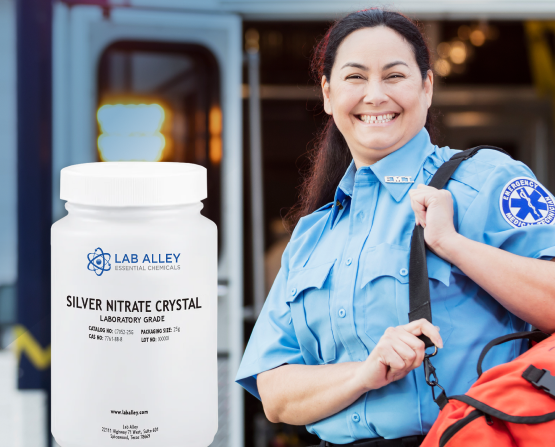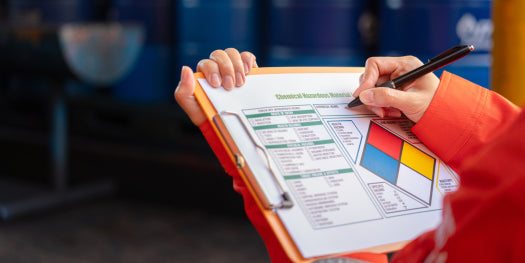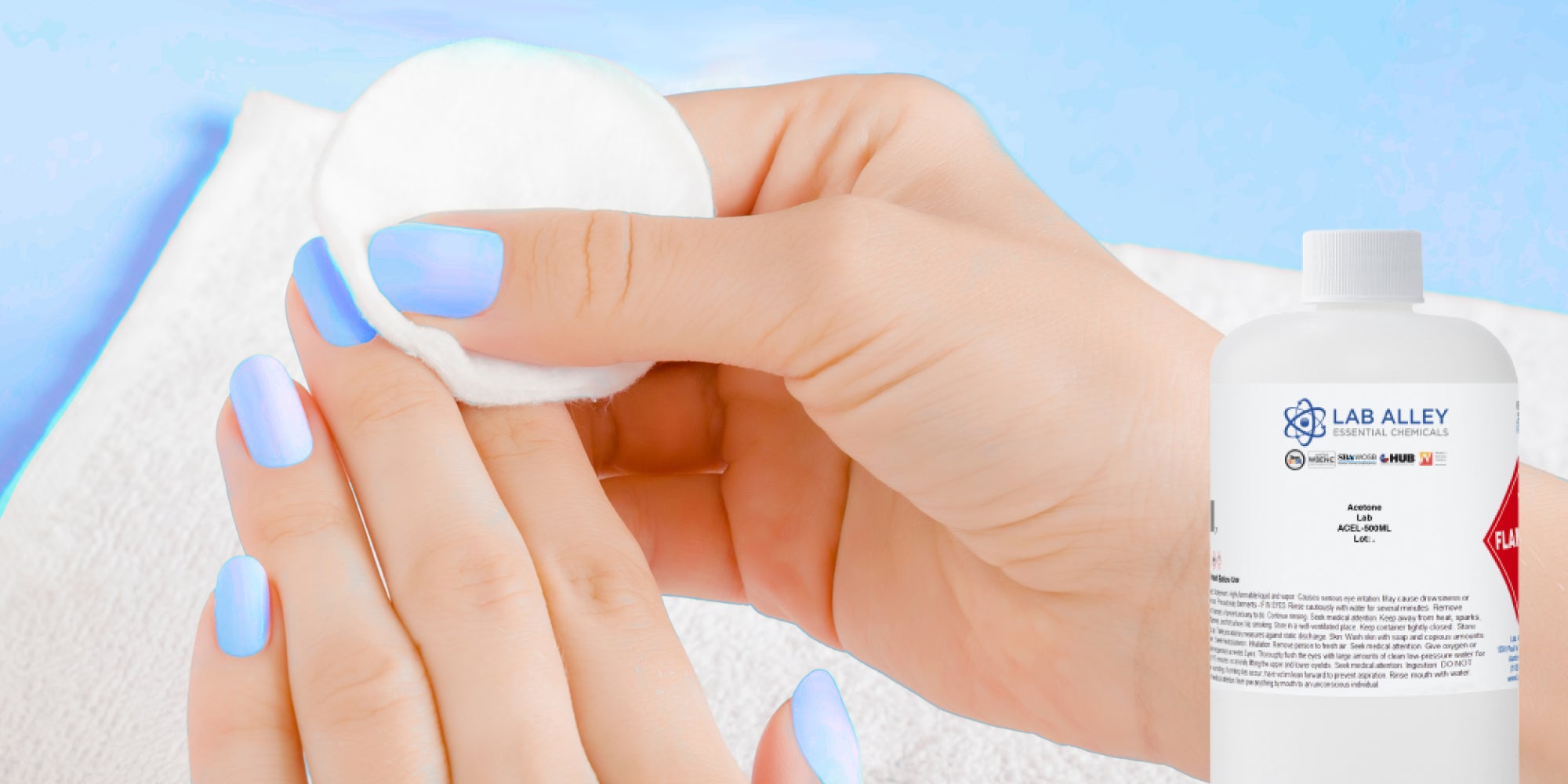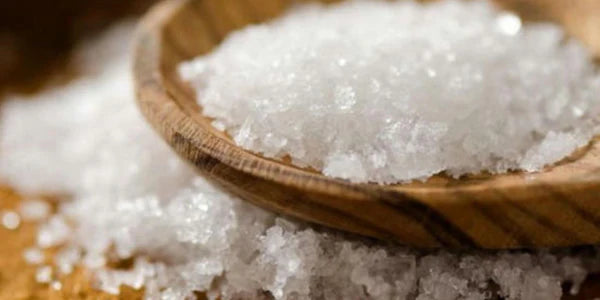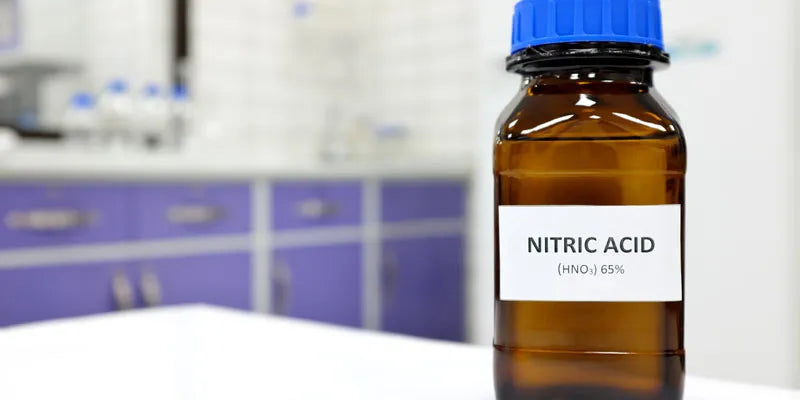Uses & Benefits
Hydrogen peroxide’s versatility has made it a valuable asset across a broad spectrum of industries, offering both high chemical performance and environmentally responsible behavior. Its ability to act as a powerful oxidizer, combined with its clean decomposition into water and oxygen, means it serves critical roles in applications ranging from household cleaning to advanced industrial manufacturing.
In industrial environments, hydrogen peroxide is frequently used as a reliable solution for oxidation, bleaching, and wastewater treatment. It plays a central role in the pulp and paper industry for bleaching processes, helps prepare and dye textiles, and is used to clean and etch surfaces in electronics manufacturing. Its ability to neutralize odors and disinfect wastewater makes it an essential tool in municipal and industrial effluent treatment systems.
Within the scientific and laboratory community, high-purity hydrogen peroxide is relied upon for its precision and reactivity. It serves as a reagent in oxidation-reduction (redox) reactions, plays a role in titrations and spectrophotometric analyses, and is used for sterilizing lab equipment. Additionally, it is commonly employed in DNA extraction protocols where purity and non-contaminating behavior are crucial.
In the household and consumer realm, hydrogen peroxide is a familiar product often found in medicine cabinets and cleaning supplies. Typically sold in 3% concentrations, it functions as an antiseptic for minor cuts and scrapes, an ingredient in mouthwashes and whitening toothpastes, and a disinfectant for kitchen and bathroom surfaces. Homeowners and organic gardeners also use it to combat mold, mildew, and pests in a non-toxic, environmentally friendly manner.
Hydrogen peroxide also finds specialized uses in the pharmaceutical, cosmetic, and agricultural sectors. In pharmaceuticals, it is used for wound irrigation, earwax removal, and oral hygiene products. Cosmetic manufacturers include it in hair bleaches, whitening formulations, and acne treatments. In agriculture, it plays a role in soil disinfection and the sanitization of irrigation systems, helping to maintain healthier growing environments.
Overall, hydrogen peroxide's combination of effectiveness, safety when properly used, and environmental compatibility has cemented its place as a go-to chemical across a wide range of applications. Its ability to meet the needs of such diverse industries demonstrates its importance as a multipurpose, dependable solution.
Lab Alley is proud to be a trusted supplier of high-quality hydrogen peroxide for professionals, businesses, and consumers across all sectors. Whether you require a low-concentration solution for everyday household use, pharmaceutical-grade peroxide for medical and personal care products, or industrial-strength formulations for manufacturing and laboratory environments, Lab Alley provides consistent purity, reliable performance, and fast, nationwide shipping. With a commitment to quality and customer satisfaction, Lab Alley ensures you have the hydrogen peroxide you need - when and how you need it.
Safety Information
Despite its benefits, hydrogen peroxide poses significant hazards if handled or stored improperly - especially in concentrations of 30% or higher. These risks include chemical burns, gas release, and dangerous reactions with incompatible substances.
Hazards & Precautions
Hydrogen peroxide is classified as both an oxidizer and a corrosive substance, meaning it can cause severe irritation or chemical burns upon contact with the skin and eyes. One of its key hazards is thermal decomposition; when contaminated or exposed to heat, hydrogen peroxide can rapidly release oxygen gas, increasing the risk of pressure buildup or combustion. Additionally, it is highly reactive with certain materials, including metals, organic compounds, and reducing agents, and these reactions can be violent or hazardous without proper controls in place.
Personal Protective Equipment (PPE)
Proper PPE is essential for safe handling:
- Gloves: Nitrile or neoprene
- Eye Protection: Chemical splash goggles
- Apparel: Lab coat or chemical apron
- Ventilation: Use in well-ventilated areas or under fume hoods
Taking these precautions will help ensure safe handling in both lab and industrial environments.
Storage Guidelines
Hydrogen peroxide should be stored in opaque, vented containers made of high-density polyethylene (HDPE) to prevent pressure buildup and light exposure, both of which can accelerate decomposition. For higher concentrations, it is important to maintain cool storage conditions, ideally between 2°C and 8°C, to preserve stability and reduce the risk of hazardous reactions. Storage areas should be kept free from light sources, as well as from reactive materials such as metals and organic substances, which can trigger dangerous decomposition or combustion.
Spill & Disposal Procedures
In the event of a spill, hydrogen peroxide should be absorbed using inert materials such as vermiculite to safely contain and clean the affected area. Combustible materials like paper towels must never be used, as they can react dangerously with the oxidizing properties of hydrogen peroxide. Once absorbed, the spill can be neutralized using appropriate reducing agents such as sodium thiosulfate or sodium metabisulfite, if approved for the specific environment. All waste must be disposed of in accordance with EPA regulations and local hazardous waste disposal guidelines to ensure environmental safety and regulatory compliance.
Proper training, engineering controls, and spill response kits are crucial in environments where hydrogen peroxide is handled regularly.

Pictured Above Are 5 Bottles Of Medicinal Oils Derived From Plants
You can order food grade ethanol, extraction grade ethanol, ACS grade ethanol, FCC grade ethanol, USP grade ethanol, HPLC grade ethanol and kosher ethanol from Lab Alley. Perform ethanol (EtOH) extraction at ultra-low temperatures for the best yields.
Ethanol extraction is a cost-effective way to use ethanol as an industrial solvent to produce high quality botanical extracts from large volumes of medicinal herbs or plants.
Pictured Above Are 5 Bottles Of Medicinal Oils Derived From Plants
FAQs
Sources
- National Institutes of Health (NIH) - PubChem Hydrogen Peroxide
- ScienceDirect – Industrial Uses of Hydrogen Peroxide - ScienceDirect – Hydrogen Peroxide
- Lab Alley – Hydrogen Peroxide Safety Data Sheet (SDS) - Lab Alley SDS - Hydrogen Peroxide
- OSHA – Hydrogen Peroxide Chemical Sampling Information
- NIOSH – Pocket Guide to Chemical Hazards: Hydrogen Peroxide

Related Products
Hydrogen Peroxide From Lab Alley
Ordering hydrogen peroxide from Lab Alley is fast, simple, and reliable - any time you need it. Whether you prefer to order online or over the phone, we make the process hassle-free.
With on-time delivery, responsive customer support, and access to our on-site chemist for expert guidance, Lab Alley ensures you get the right product and answers - when you need them most.
See Hydrogen Peroxide ProductsUsing Disinfectant Products Safely
Disinfectant products can effectively reduce germs that can make us sick. However, it’s important to know how to use these products safely to prevent accidental poisonings and other serious injuries.
Read ArticlePersonal Protective Equipment and Chemistry
The outbreak of COVID-19, which has been declared a pandemic by the World Health Organization (WHO), has highlighted the vital role of personal protective equipment (PPE) in healthcare settings.
Read Article






